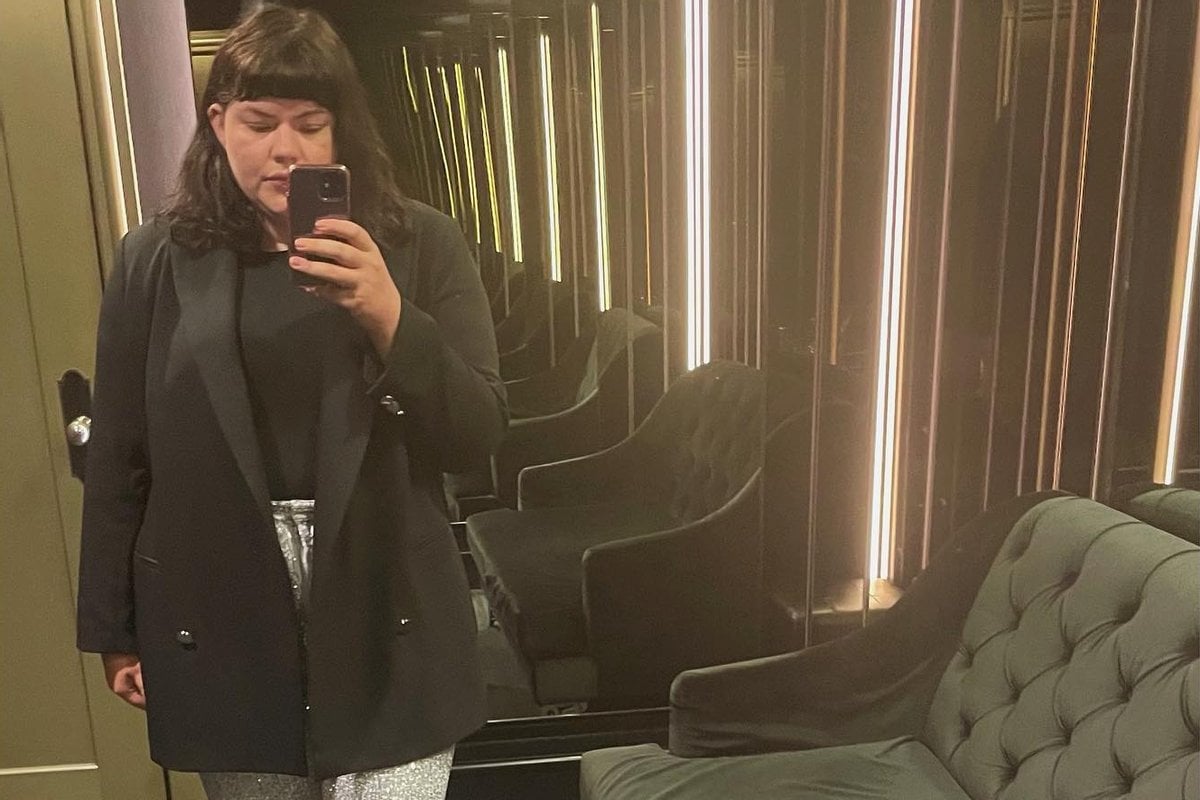
My whole life, I've experienced being fat-shamed at work and honestly, I've reached a point where I'm just exhausted by it.
I'm done not taking it personally, I'm done laughing it off, and I'm really done not making it a big deal.
It's a weird thing to navigate being fat-shamed at your job.
Watch: Taryn Brumfitt - I Am. Post continues below.
Obviously, on an intellectual level, I understand that when people put down my body, it's usually because of their own issues.
I've also realised that the fact that I appear confident and comfortable in my body unnerves people.
It seems like because I appear happy, people want to point out why I shouldn't be, or they somehow think I'm unaware that I'm not skinny and they should remind me.
But it's been happening my whole career, and I'm so sick of it.
It's also particularly hard to navigate in a work setting. You can't always afford to sever work relationships for your own mental health.
You have to work with these people, and they can't just become someone you avoid at a party.
So there's this added pressure: how do I respond to being fat-shamed without alienating this person?

Top Comments